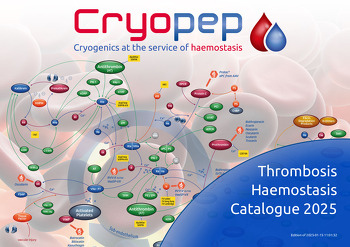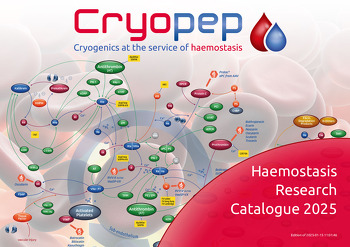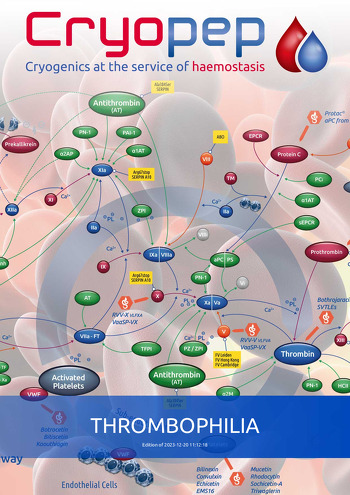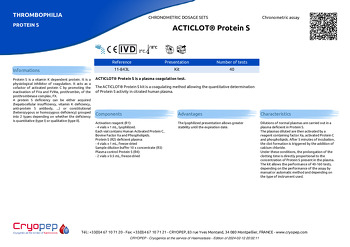HEMOSTASIS COAGULATION ROUTINE REAGENTS THROMBOPHILIA PROTEIN S
ACTICLOT® Protein S
ACTICLOT® Protein S is a plasma coagulation test.
The ACTICLOT® Protein S kit is a coagulating method allowing the quantitative determination of Protein S activity in citrated human plasma.
Advantages
The lyophilized presentation allows greater stability until the expiration date.
Informations
Protein S is a vitamin K dependent protein. It is a physiological inhibitor of coagulation. It acts as a cofactor of activated protein C by promoting the inactivation of FVa and FVIIIa, prothrombin, of the prothrombinase complex, FX.
A protein S deficiency can be either acquired (hepatocellular insufficiency, vitamin K deficiency, anti-protein S antibody, ...) or constitutional (heterozygous or homozygous deficiency) grouped into 2 types depending on whether the deficiency is quantitative (type I) or qualitative (type II).
Documentation
Download the product sheetPrice list, safety data sheets and notices are accessible to our registered customers.
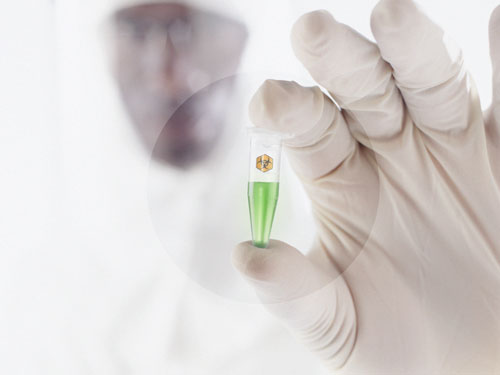
Chronometric assay






References
| 11-843L | Kit | 40 tests |










